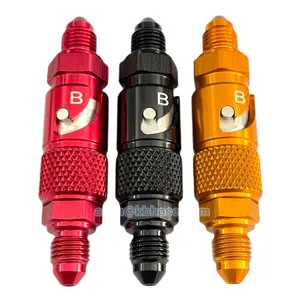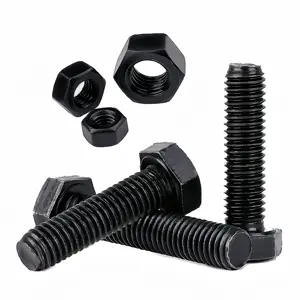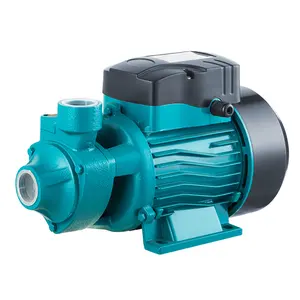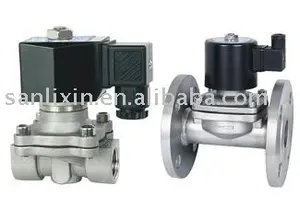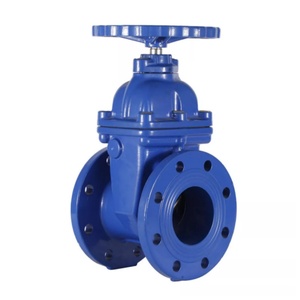Popular in your industry

































































Related Searches:





















































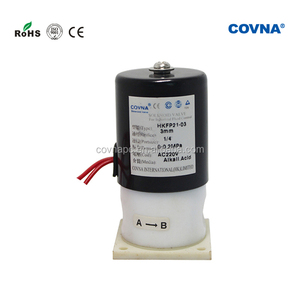



































































Top categories
About chemical solenoid valves
Understanding Chemical Solenoid Valves
Solenoid valves play a crucial role in managing the flow and direction of fluids in numerous systems, and chemical solenoid valves are specifically designed to handle chemicals with precision and reliability. These valves are electromechanically operated devices used to control the flow of liquids or gases in a chemical processing environment. They are essential components in a variety of applications, from medical equipment to industrial manufacturing processes.
Types and Applications
The diversity of chemical resistant solenoid valves caters to a broad spectrum of applications. These valves come in various types, such as direct-acting, pilot-operated, and others, each suited for specific operational requirements. They are commonly employed in sectors like water treatment, pharmaceuticals, and food and beverage production, where managing corrosive or hazardous substances is a daily task.
Features and Materials
When selecting a chemical solenoid valve, understanding the features and materials is vital. These valves are constructed from materials capable of withstanding aggressive chemicals, such as stainless steel, PVC, or PTFE. Features may include different port sizes, seal materials, and operation modes (normally closed or normally open), which determine the valve's suitability for particular chemical applications.
Advantages of Chemical Solenoid Valves
The advantages of using chemical resistant solenoid valves are numerous. They offer precise control over fluid flow, rapid response times, and are effective in systems requiring automated flow regulation. Their robust design ensures longevity and consistent performance in harsh chemical environments, making them a reliable component in any critical process.
Selection Considerations
Choosing the right chemical solenoid valve requires careful consideration of the valve's compatibility with the chemicals it will encounter, the pressure and temperature ranges it will operate within, and the specific requirements of the application. It is essential to assess the chemical properties and potential interactions with valve materials to ensure optimal performance and safety.
Conclusion
For those in need of managing chemical processes, the range of chemical solenoid valves available can provide an effective solution for fluid control. While the selection process may seem daunting, understanding the specific needs of your application will guide you to the appropriate valve choice, ensuring a seamless integration into your system.
